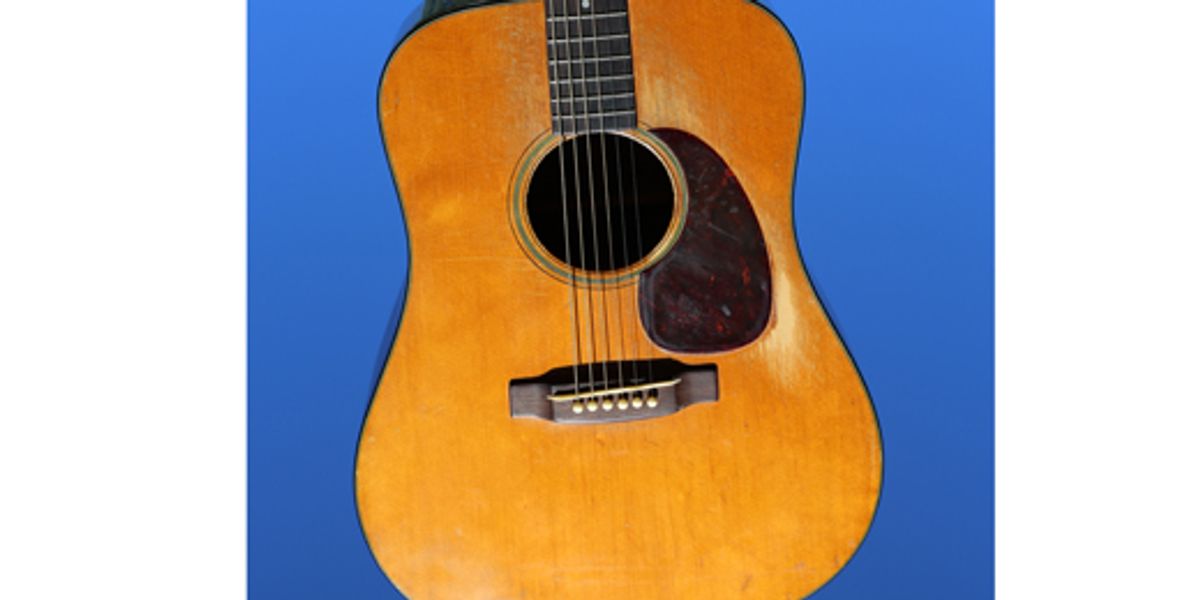No science that I know, just anecdotes.
Except that the anecdotes are just based on science.
Why Guitars Sound Better as They Age
Written by
Heather in
Acoustic Guitars,
Electric Guitar,
General Questions and Advice,
General Questions and Advice
There’s the common belief that guitars sound better when they get older. But why is this the case? We’ll go through the reason in this article in depth. It’s worth mentioning though, that not all old guitars sound better than new ones. It’s definitely not a hard and fast rule. Some guitars can age terribly. And really cheap guitars probably won’t sound any better in 20 years. With that said, let’s jump into the reason why aged guitars sometimes have a better tone.
The Quick Answer
Older guitars often sound better than newer ones as they dry out over time which causes them to become harder leading to a more resonant tone with better sustain. The increase in age affects the tone more in acoustic guitars than electric ones.
How Aging Makes Guitars Sound Better
There is a process behind the idea that guitars sound better as they age. And it’s related to the condition of the wood.
There are two main reasons behind why older guitars have a better tone. These are due to the drying out of the wood, and the density.
Both of these factors are related to the wood the guitar is made from.
Drying Out
Wood is well-known for its ability to absorb moisture or dry out, depending on what conditions it is kept in. This is caused by the the structure of the wood. It contains gaps which allow it to absorb water into.
Over time, these gaps in the wood can collapse. Hence, the wood cannot retain as much water. And it’s this lack of moisture, and the process of the top of the guitar drying out, that causes it to sound better over time. This creates a harder and lighter form of the wood.
This is particularly evident with acoustic guitars, where the sound is much more dependent on the quality of the wood. Whereas, with electric guitars, the pickups are much more important.
Density
Secondly. the density of the wood is also important. The way the wood behaves when vibrated changes over time. Of course, wood contains grains which hold sap in them. When the wood vibrates, causing the sap to break up and loosen. This allows the vibrations to move more freely in the body of your guitar, hence, creating better resonance and a deeper tone.
Do you Need to Actually Play it?
So what happens if you just leave your guitar for 20 years and don’t play it? Will it still age in the same way?
Well, no not as much.
You see, the breakdown of sap leading to the wood allowing vibrations to occur more freely, only happens if you actually play the guitar. This is because it’s the vibrations that actually cause the sap to break down. If you don’t play the guitar, then it won’t vibrate, as the strings are not being plucked.
However, the wood will still age in terms of losing moisture. So the drying out process can still occur even if you don’t play your guitar at all.

